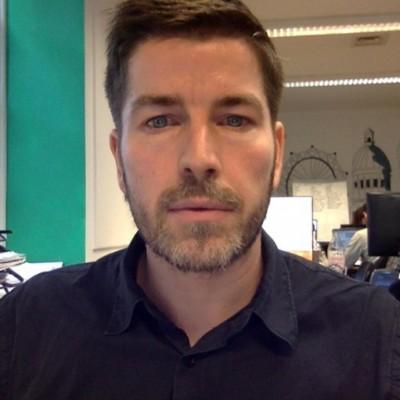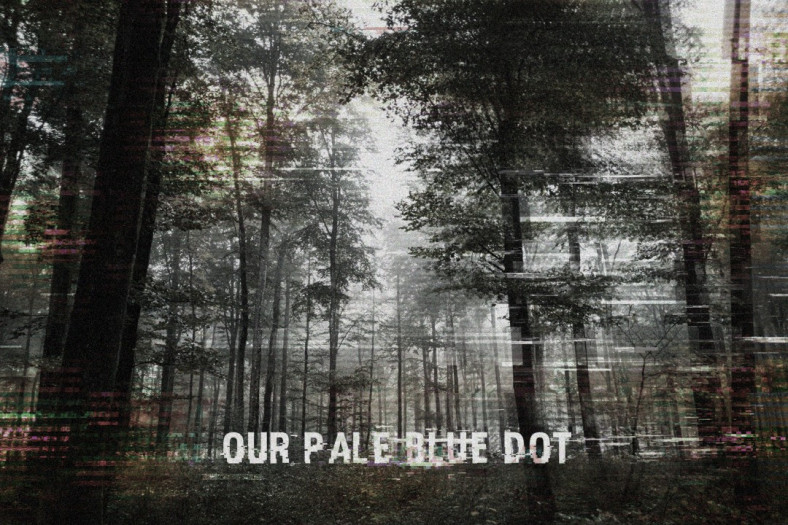

Thursday 19 December 2019,
by Andy Stafford
So, how do you like your digital health delivered? Collaboratively, Intelligently, meaningfully, iteratively, effectively? All of them?
Together with our rebranding into a purpose-driven organization, we’ve been restructuring to help us focus on your needs and work collaboratively with our partners to achieve health outcomes. We’ve always been a digital agency working in health, but we’re now officially a digital health consultancy. Who says? Well, we do, but what is digital health, anyway?
It’s not just I.T. in a healthcare setting a mobile app, or digital intervention. It’s generally agreed that it is the use of technologies to administer support and services that improve individuals’ health. Yes, it’s pretty broad. And in order to understand how to improve health you have to understand health challenges at not only an individual but at a societal level too. What are the systems, and what are the pressures that have been placed upon it?
When talking about good health, and moving someone away from bad habits, toward good ones, you are talking about the desire to fundamentally change someone’s behaviour. To do this you need to start with a really clear idea of what the problem/s is that you are trying to solve and keep an open mind about how to solve it. There is no silver bullet in digital health, it requires dedication to working with those users whose circumstances you want to change to continually improve your solution for them. This is done with a User Experience UX (which goes under other names like human-centered) design approach in order to maintain a focus on the users -rather than your needs and ideas- and to be able to improve the solution on an iterative basis. People are extremely complicated, and digital doesn’t make them miraculously less so.
To help companies understand this space better we have collaborated with a bonafide digital health expert, Steve D (who was originally involved in the UK arm of the genome mapping project here in the UK) to help guide and challenge your thinking. If you would like to participate with your colleagues in a workshop just give us a shout! He delivers the education, and when you’re ready to take the next steps we’ll help you deliver the story, the assets, and distribution. Simple!
So, what have we been up to?
How do ‘developed’ or, level 1 and 2 countries(1), meet the healthcare challenges of modernity with its accompanying longer lives and expanding waistlines and the considerable complications that come along with it for the ride? The many consequences, including the big so-called ‘three d’s’ (everyone knows these, right?!) has the effect of continually increasing the costs of healthcare provision. For some, it is an intractable problem.
How do you solve this problem without spending ever-increasing amounts on it? It’s not obvious. According to its current trajectory, even the U.S. with its limited public health provision is on track to spend its entire GDP on health by 2050! The solutions are complex but can be found in some fundamental shifts like moving from a curative to a preventative model of healthcare. This includes a change in technology, systems, process, and thinking.
Our client challenge has been to create a ‘strategic narrative’, a story that quite literally enables our client to tell their story to the whole workforce of 200,000, from the cleaner up to the leadership. Our approach has been to uncover as much relevant qualitative and quantitative research as we can from the workforce audience themselves, along with secondary resources, before formulating their story, according to their needs, before testing for feedback and iterating the story in a way that resonates and motivates them.
Producing the story is the first step, and in itself meaningless if it is not told, and retold, made personal, relevant and vital. This will require structure and method, assets and distribution to align the workforce before the story of health transformation, and its digital side-kick is communicated more broadly to the citizens.
So, whilst the governmental project is initially focused on the employee experience, we have been working with the UK affiliate of a global pharma client to help them become more user (or customer) focused, and in so doing enable more rapid and valuable innovation in the company. This is a familiar scenario, especially for those companies who are all fired up after the big consultancies have been in. There’s lots of enthusiasm but a lack of in-house expertise to execute digital transformation.
Whether you think of it as #EX #CX #UX #designthinking the process for us is the same. Establish what the problem actually is, before conducting research, producing solutions (or candidate solutions) and iterating it based on feedback. By providing them with the skills and attitudes needed to bring other people in their teams they have been able to move the company more meaningfully towards real digital transformation.
What links these two? Digital health for sure, along with a total focus on the end-user (employee, customer, patient, other), so perhaps not-so-strangely we’re also working on all of those elements with a startup who is actually looking to help the innovators to surface and commercialise their ideas more quickly and effectively. That’s pretty neat, isn’t it? There is nothing like a big hairy audacious goal to get us interested. So, from the market research through to the branding and marketing strategy for 2020 this is going to be fascinating.
Speak to you soon
References

